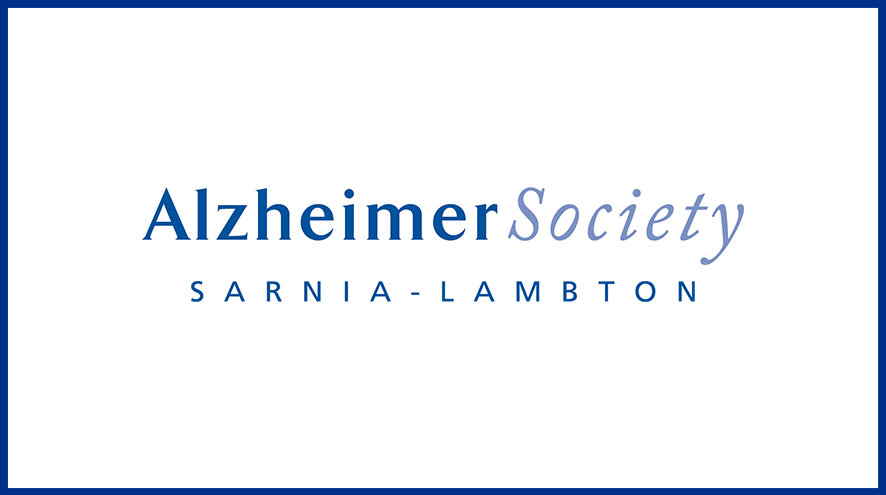Does Music Help with Alzheimer’s Disease?
Welcome to our newsletter focused on the powerful relationship between music and Alzheimer’s disease.

While there are many treatment options for Alzheimer’s disease, one that often doesn't get the attention it deserves is music therapy. Alzheimer's disease usually presents with declines in memory, language, reasoning, and cognition.
This is where music therapy emerges as a promising alternative. It's simple to implement, has no side effects, and offers several benefits. But how exactly does it work?
Music is an integral part of our lives and has been used therapeutically for various conditions. In the context of Alzheimer’s, music has been shown to impact memory, enhance mood, and even stimulate neural activity.
Music and Memory
Remarkably, musical memories often remain intact in individuals with Alzheimer’s, despite significant cognitive decline. Studies have pinpointed specific brain structures involved in musical memories that stay relatively preserved throughout the disease's progression. These structures are the caudal anterior cingulate cortex, which is part of the limbic system, and the ventral pre-supplementary motor area, which is found in the frontal lobe. The emotional reaction to music may also recall past memories and moments associated with the songs. This preservation allows patients to recall songs from their past and, in some cases, learn new music.
Enhancing Mood and Reducing Agitation
Depression and agitation are common in Alzheimer’s patients. Management of these symptoms are similar to what is used for other demographics, but music therapy stands out as a unique alternative. Unlike counseling or cognitive behavioral therapy, which rely on verbal communication, music therapy transcends this barrier, making it particularly suitable for a larger audience including those with dementia. One study displayed that music resulted in improvement of oral communication, reducing psychiatric symptoms, and reducing caregiver distress. Research has shown that music therapy can significantly improve mood and decrease agitation.
Generation of New Neuronal Connections
Surprisingly, music has the remarkable ability to create new neurons and neuronal pathways through processes known as neurogenesis and neuroplasticity. One theory suggests that music slows the decline of the hippocampus—the brain structure responsible for memories—and may even reverse hippocampal atrophy. This preservation leads to better memory retention and a slower rate of deterioration in Alzheimer’s patients.
